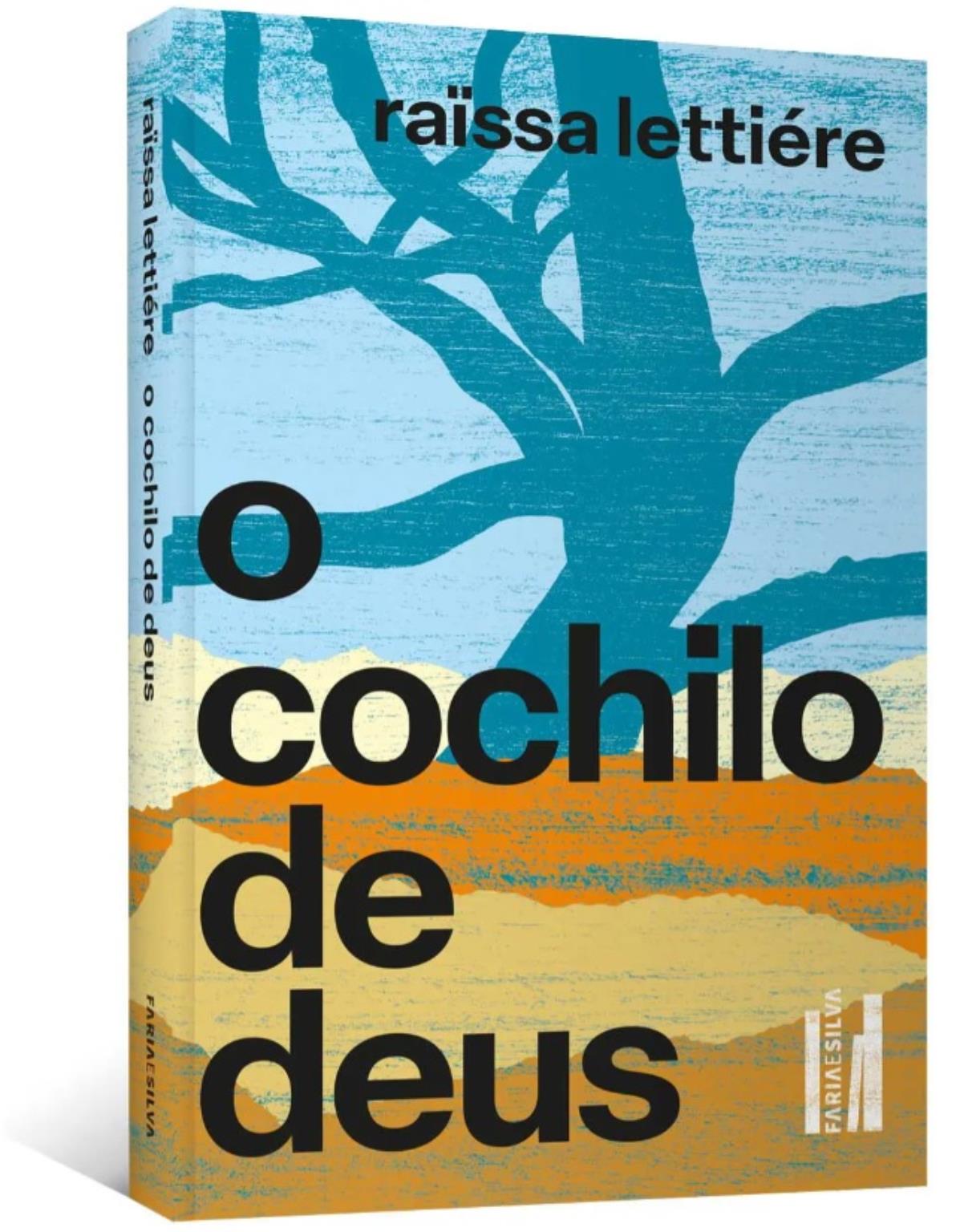
In “The Nap of God” (Ed. Faria e Silva), her first novel, Raïssa Lettiére takes the reader on a poetic and reflective journey, intertwining centuries and characters to address existential themes such as free will, chance, and the meaning of life. The narrative deeply questions what prevents humanity from “getting it right,” revealing dramas and enigmas that explore spiritual emptiness and human suffering. An experienced writer and editor, Raïssa delivers a work that challenges the boundaries between reality and metaphysics, transforming the reader into the protagonist of their own reflections.
Your new work, God’s Nap, explores complex questions about humanity and the mystery of existence. What fascinated you most about working on these themes, and how did you manage to balance the density of these themes with an engaging fictional narrative?
The lack of answers behind so many human questions fascinates me, especially our insistence on searching for definitions and assuming truths that end all doubt, as if they were absolute. The search is legitimate and healthy. Crystallization causes sectarianism and intolerance. Fiction offers the opportunity to create these answers without them being required to be correct or capable of being proven.
Throughout the novel, the characters move through different eras and experiences, creating a web of mysterious connections. How did you build these connections between them, and how did they impact the structure of the book?
The creation of this interconnectivity between the characters required a lot of ingenuity and re-reading to avoid leaving any loose ends. The idea is to allow the reader to put the puzzle together as the story unfolds. In other words, to treat the reader as an intelligent being who can piece together the story with the tools and details that the story offers in each episode, capable of drawing their own conclusions.
The work proposes a reflection on spiritual emptiness and human suffering. In the creative process, did you encounter any challenges when exploring these universal feelings? How do you deal with this emotional depth in your writing?
For this type of literature that I do, in which human suffering is seen without subterfuge, it is necessary to start from some deep existential question for the author, it is necessary to be available to feel, to be moved and to translate the suffering into words.
The book raises a big question: “Why hasn’t humanity succeeded yet?” What was the main motivation for addressing this theme, and how does it resonate in the journey of your characters?
I consider myself a very realistic person, who seeks to dispel any level of illusion about oneself, others, and life. Until we see others as equals, until we understand that everyone is worthy of opportunities and humane treatment, we cannot say that humanity has succeeded. And I think we are very far from this positive diagnosis. I don’t need to go very far in this analysis. Just look at the front page of the newspapers. My characters reflect the madness of humanity, which suffers and makes others suffer. Sometimes acting with good intentions, sometimes not.

The novel is a mix of poetic and philosophical writing. How would you describe your journey of finding the right tone to express such abstract themes as free will and chance in a way that touches the reader?
I’ve always liked poetry and I love metaphors. I think that’s why my writing has this tone. And the existential themes flirt with philosophy. Since I’m always digressing into this field, it’s natural to find this approach in my writing.
In The Nap of God, there is a strong presence of mystery, especially in relation to the observer element of the narrative. How do you feel about creating this type of character, who seems to just observe, but also plays a crucial role in the work’s reflection?
It’s good that you noticed this observational element. It’s really crucial in my book. And to think that most of the time we reflect this attitude throughout our lives. We just observe human suffering…
Your first fiction book was a collection of short stories, and now you’re making your debut with a novel. What were the biggest differences you encountered when writing the novel, and how did this transition influence your storytelling style?
The story has a very peculiar narrative structure that I love, two stories running parallel, one on the surface, clear, and the other in deeper waters. In a way, the structure of this novel was designed to present these characteristics as well.
Follow Raïssa Lettiére on Instagram


